
The Ernle Baronetcy, of Etchilhampton in the County of Wiltshire, was a title in the Baronetage of England. It was created on 2 February 1661 for Walter Ernle, later Member of Parliament for Devizes. He died on 25 July 1682, and was buried at Bishops Cannings, Wiltshire. He was succeeded by his grandson, Sir Walter Ernle (1672–1690), 2nd Baronet, of Maddington, Wiltshire, who was, in turn, succeeded at his own death by his younger brother, Sir Edward Ernle (1673–1728/9), 3rd Baronet, P.C., MP. The third Baronet was succeeded by a kinsman, Sir Walter Ernle (1676–1732), 4th Baronet, of Conock, in the parish of Chirton, Wiltshire, who died childless, and was succeeded by his younger brother, the Reverend Sir John Ernle, 5th Baronet, Rector of All Cannings, Wiltshire, who was predeceased by his only son.
Sir John Boyd, 2nd Baronet (1750–1815) was an English politician, Member of Parliament for Wareham from 1780 to 1784.
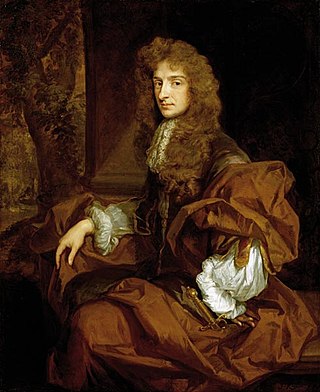
Sir Charles Sedley, 2nd Baronet, was a British politician who sat in the House of Commons between 1747 and 1778.
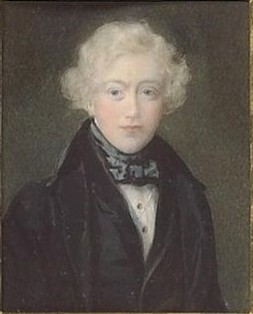
Sir Edmund Filmer, 8th Baronet was an English Conservative Party politician.
The Kerrison Baronetcy, of Hoxne and Brome in the County of Suffolk, was a title in the Baronetage of the United Kingdom. It was created on 8 August 1821 for the soldier and politician Edward Kerrison who served in the Peninsular War and commanded the 7th Light Dragoons at the Battle of Waterloo. He was succeeded by his son, the second Baronet who sat as member of parliament for Eye. The title became extinct on his death in 1886.
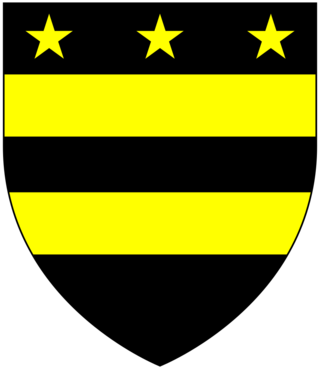
Sir Percy Freke, 2nd Baronet of West Bilney, Norfolk and Castle Freke, County Cork, was a baronet in the Baronetage of Great Britain and a Member of Parliament in the Irish House of Commons. His first name was sometimes spelt Peircy.
Sir Henry Dalrymple Des Voeux, 5th Baronet was an English cricketer. Des Voeux's batting style is unknown.

Sir John Stepney, 8th Baronet, of Llanelli, Carmarthenshire, was a Welsh politician who sat in the House of Commons from 1767 to 1788.

Sir Thomas Clarges, 3rd Baronet (1751–1782) was an English politician who sat in the House of Commons from 1780 to 1782.
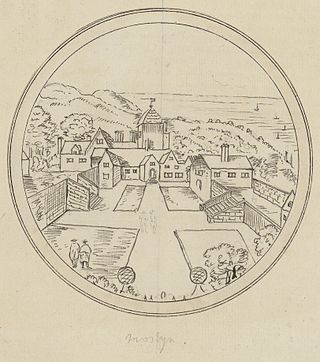
Sir Roger Mostyn, 5th Baronet was a Welsh landowner and politician who sat in the House of Commons for 38 years from 1758 to 1796.
The Ven Gilbert Heathcote was Archdeacon of Winchester from 1819 until his death.

Sir Henry Paulet St John, 2nd Baronet (1737–1784), was a British politician who sat in the House of Commons from 1772 to 1780.
Thomas Meredith, MA was a Welsh churchman, the Archdeacon of Singapore from 1892 until 1890.
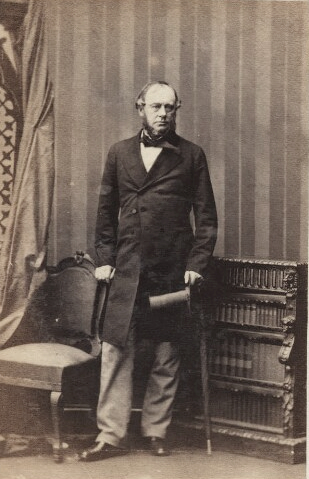
Sir John Thomas Buller Duckworth, 2nd Baronet was a British Conservative politician.
Sir Humphrey Monoux, 4th Baronet of Wootton House, Bedfordshire, was a British landowner and Tory politician who sat in the House of Commons from 1728 to 1741
Sir Anthony Lechmere, 1st Baronet was an English banker.
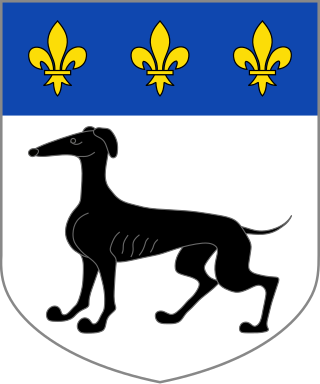
The Halford baronetcy of Wistow, Leicestershire was created on 27 September 1809 in the Baronetage of the United Kingdom for Henry Halford, a prominent society physician who was physician extraordinary to the George III from 1793. Descended maternally from the 5th Baronet of the first creation, born Henry Vaughan, he changed his surname to Halford by Act of Parliament in expectation of inheriting Wistow Hall. The baronetcy became extinct with the death of his grandson, the fourth baronet, in 1897.
This page is based on this
Wikipedia article Text is available under the
CC BY-SA 4.0 license; additional terms may apply.
Images, videos and audio are available under their respective licenses.










